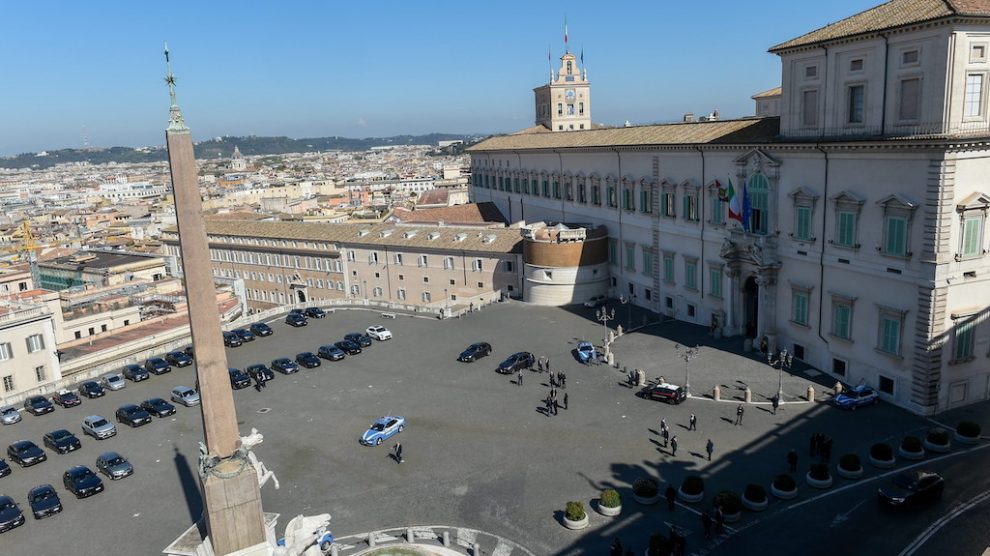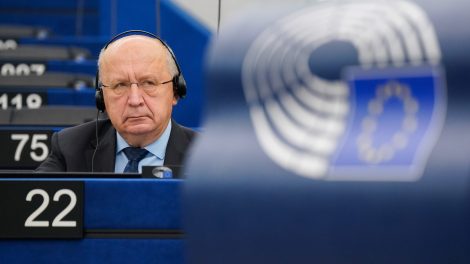Decoding the news: The Italian Presidency is bringing cognitive resilience and epistemic security to the top of the national security agenda.
- On November 17, President Sergio Mattarella will convene the Supreme Defence Council to assess hybrid threats, perception-manipulation operations, and the growing domain of cognitive warfare targeting Italy and Europe.
What’s on the table: Alongside updates on Ukraine and the Middle East, the Council will focus on the cognitive dimension of hybrid warfare —a strategic turning point for Italian defence doctrine.
- NATO already defines the cognitive domain as the sixth operational domain, alongside land, sea, air, space, and cyber.
- This domain turns perception into a battleground and trust into a national resource.
- Attacks can range from energy disruptions and drone incursions to localised espionage or crime, all aimed at shaping public perception and undermining social cohesion.
The cognitive battle. The fight is already underway:
- Iranian influence campaigns on UK social media.
- Russian operations are manipulating search engines and even AI language models.
- It’s more than disinformation; it’s about steering attention, emotion, and judgment.
- The goal: achieving cognitive superiority, integrating neuroscience, psychology, and AI to make the human mind, individual and collective, a deterrent factor.
- This approach, known as behaviour-centric defence, seeks to anticipate and shape behaviours before crises erupt.
Why it matters (for Italy): The discussion goes beyond the military sphere; it touches on education, media, and the health of democracy itself.
- Italy aims to defend its informational space, cultivate resilient citizens, and recognise that cognitive health is a core component of national security.
- Building resilience means protecting minds without crossing the fine line between protection and manipulation.
The democratic dilemma. Democracies must defend cognitive space while avoiding censorship or propaganda.
- This challenge, known as cognitive resilience or epistemic security, involves the capacity to absorb and neutralise attacks targeting a society’s perception of reality.
- It requires coordination across intelligence, culture, education, and public communication.
What they’re saying: Senator Marco Lombardo has introduced a bill to establish a “Democratic Shield”, aimed at protecting Italy’s electoral processes from foreign interference and cognitive warfare tactics that threaten democratic institutions and independent media.
- “Democratic security is not a partisan issue. It’s a national responsibility. Italy can lead Europe – if it dares to build a shield against interference and manipulation that undermine freedom of speech and the vote.”
The big picture: The Council’s agenda signals a symbolic and political shift, preparing Italy not just for territorial defence but for mind-space defence.
- The ultimate objective: safeguard democracy from manipulation that threatens freedom of thought, speech, and vote.
- As the conversation on cognitive security gains traction in NATO and EU circles, Italy could position itself as a European frontrunner in democratic resilience.





